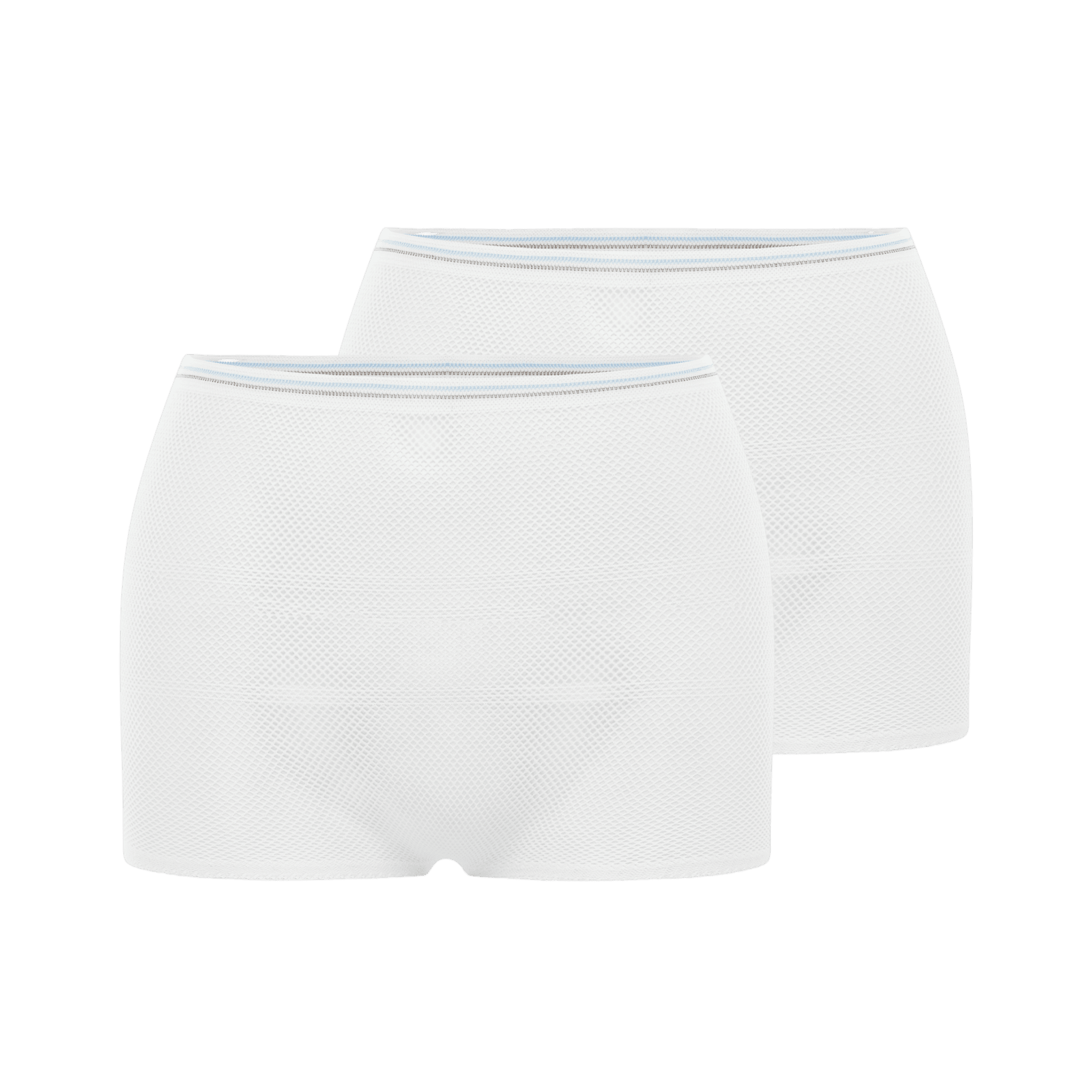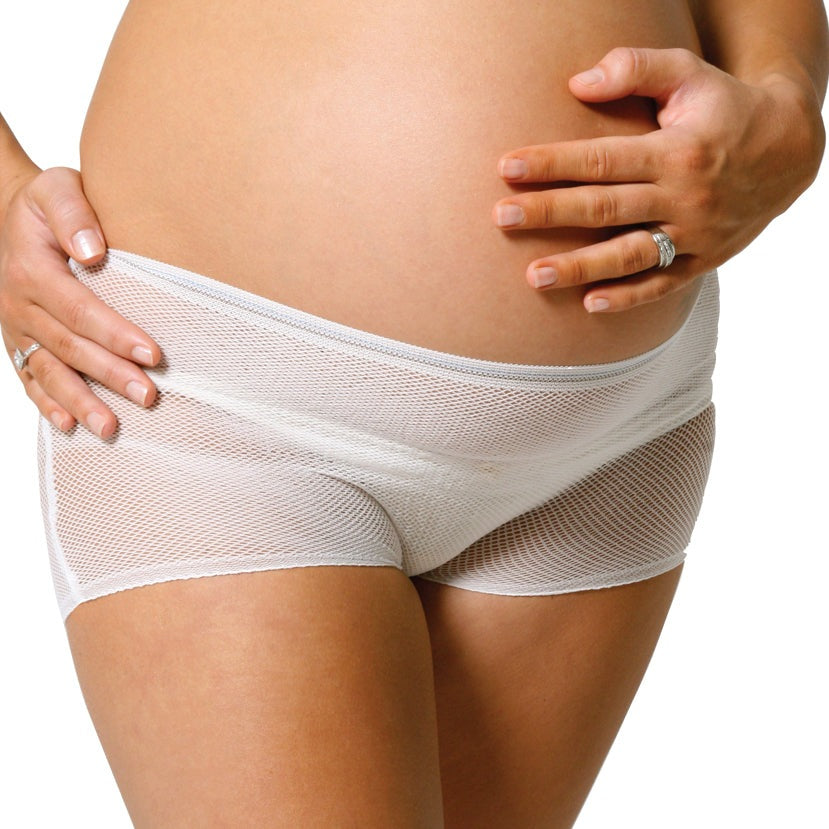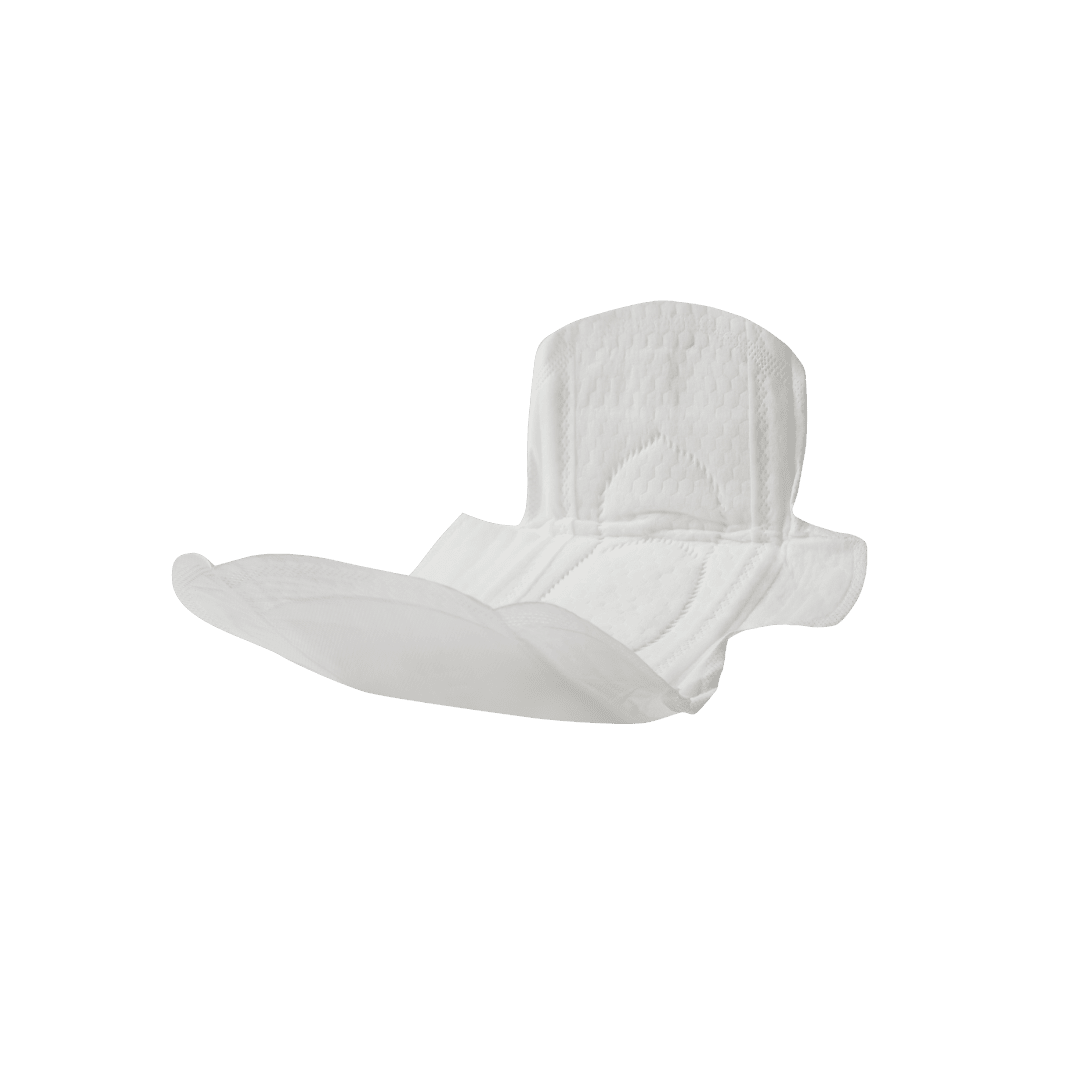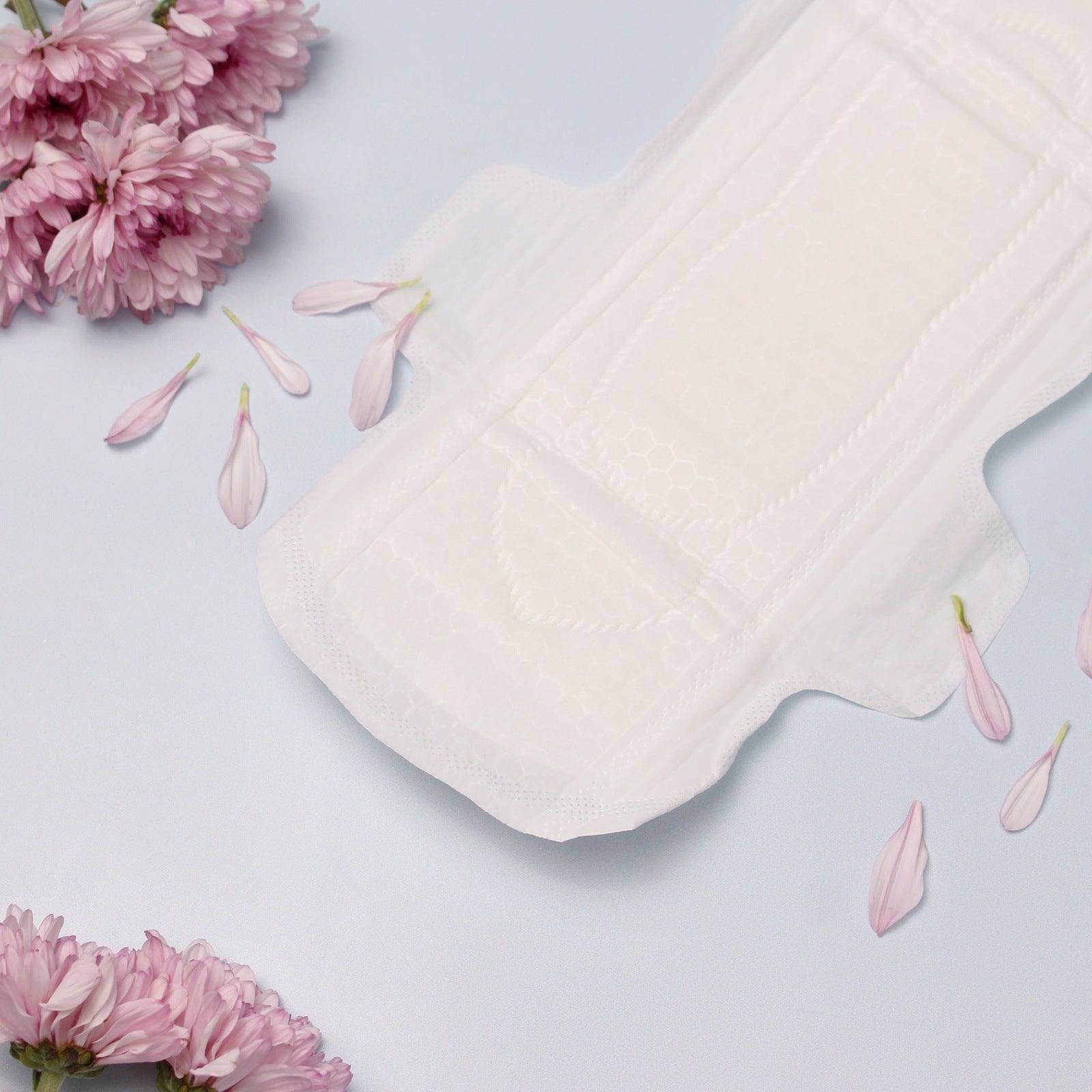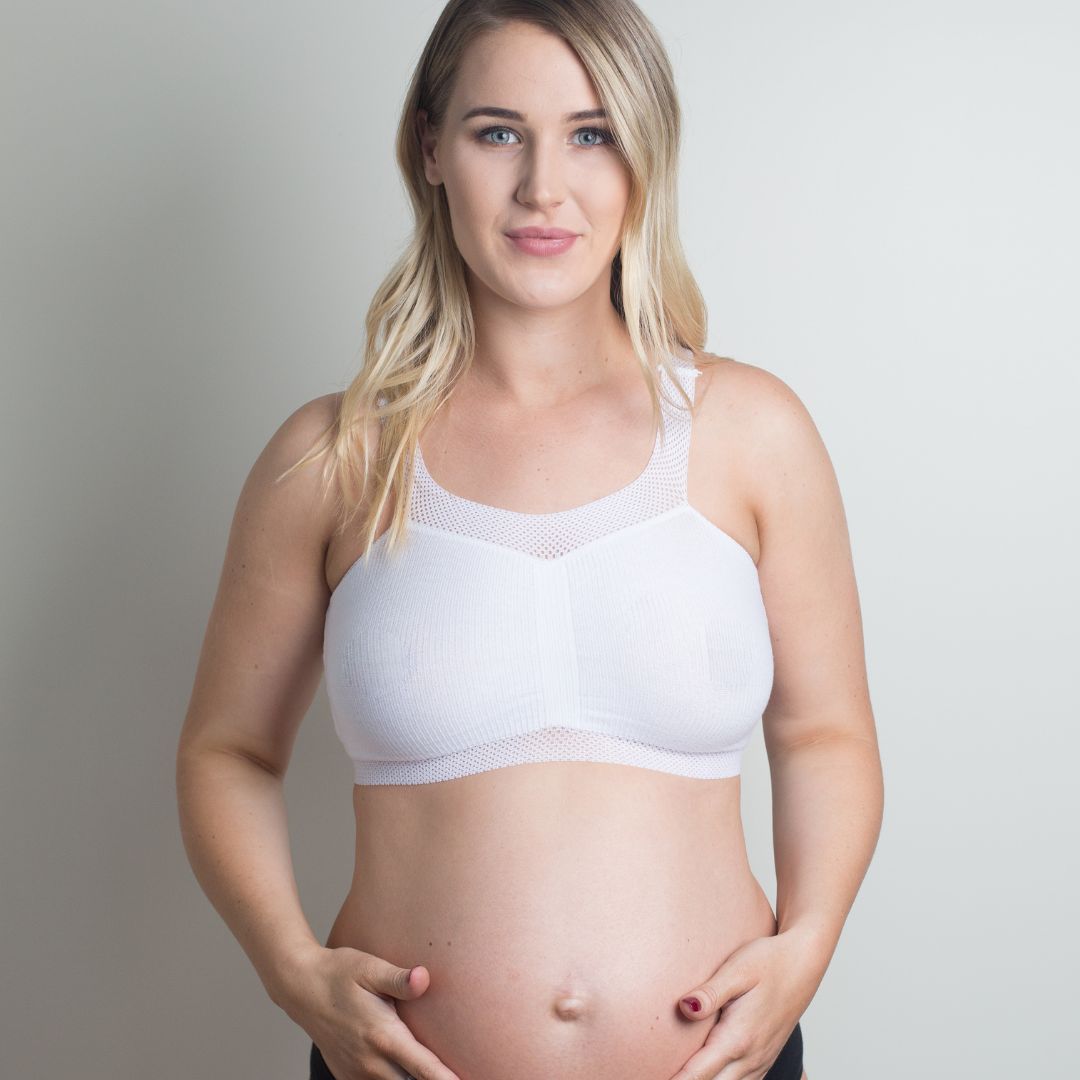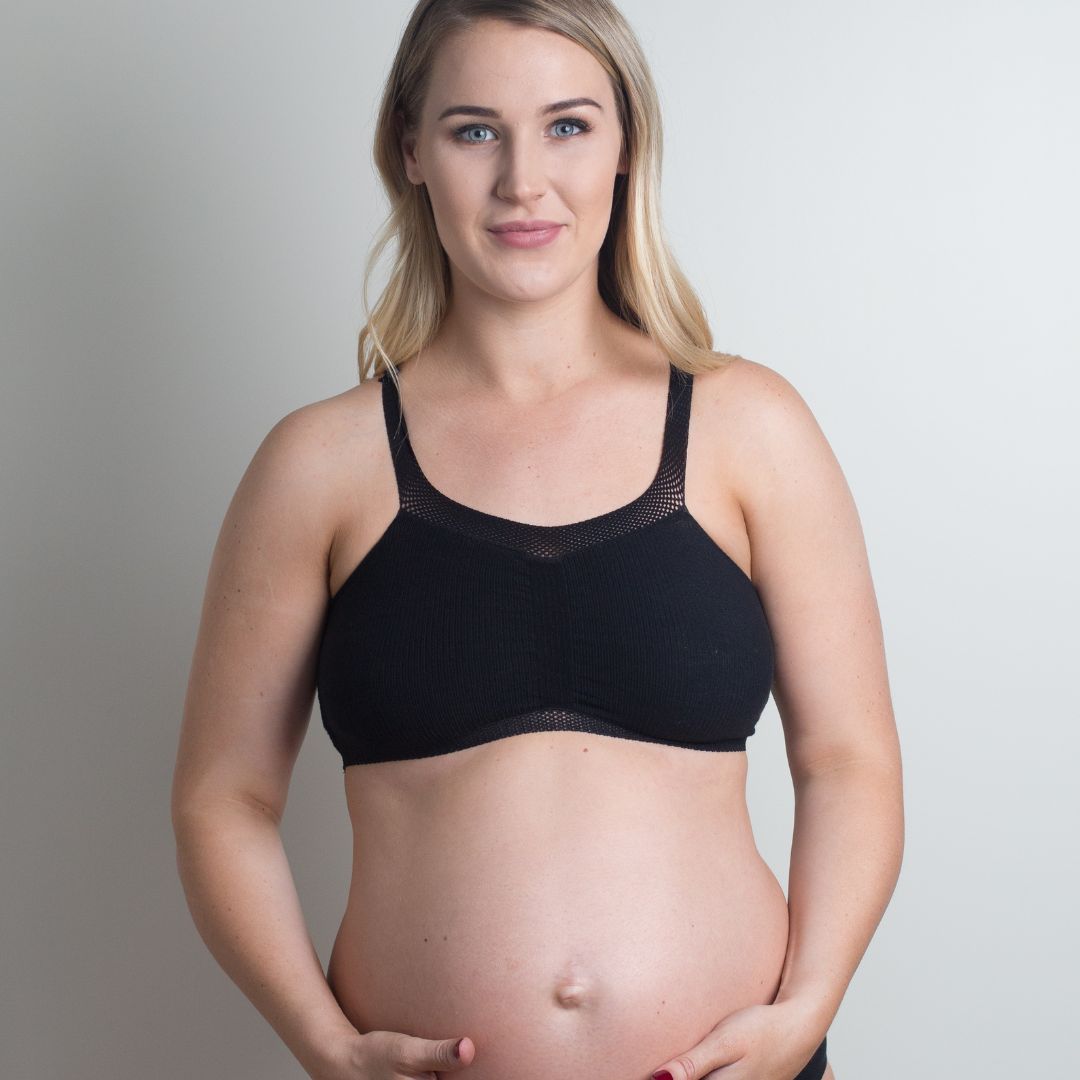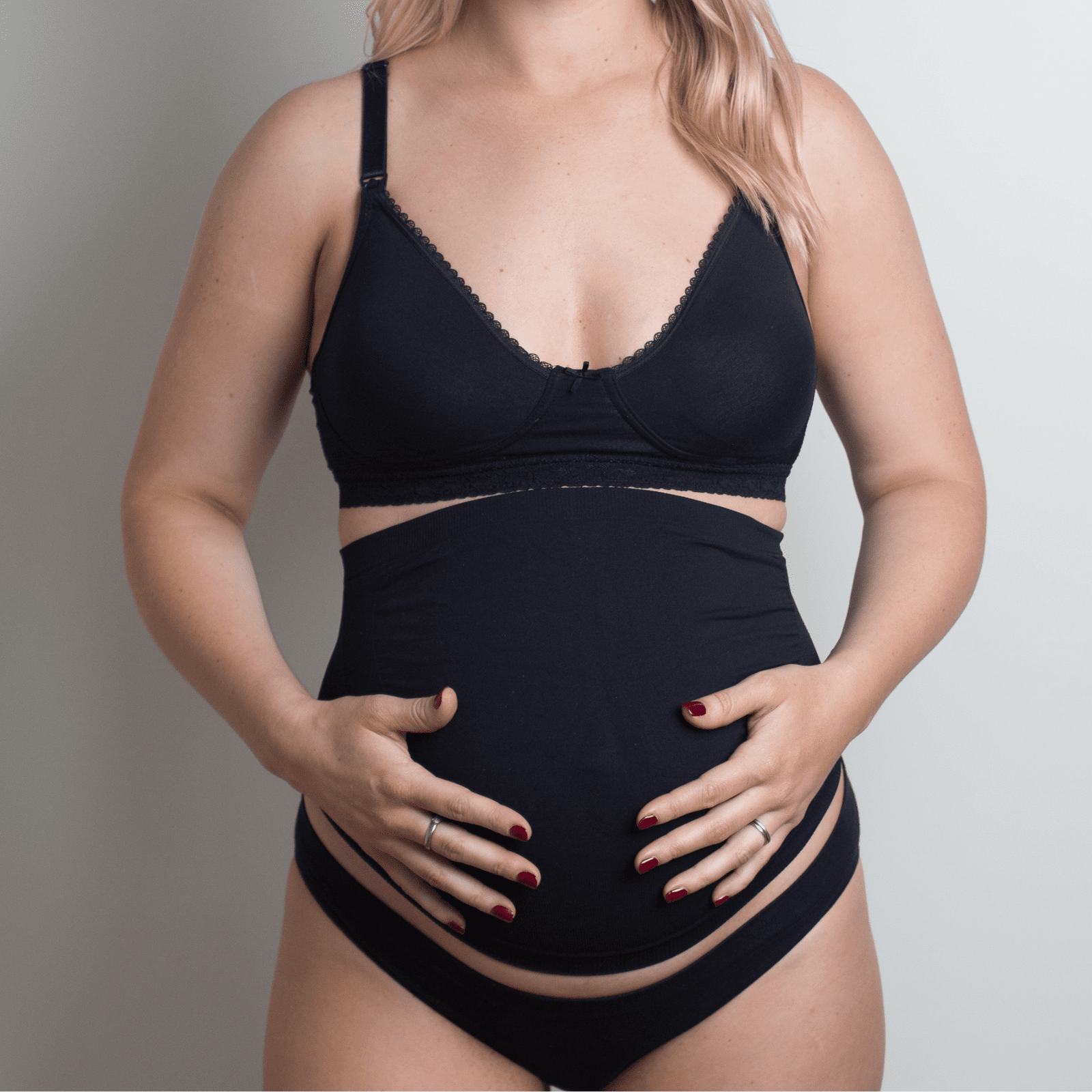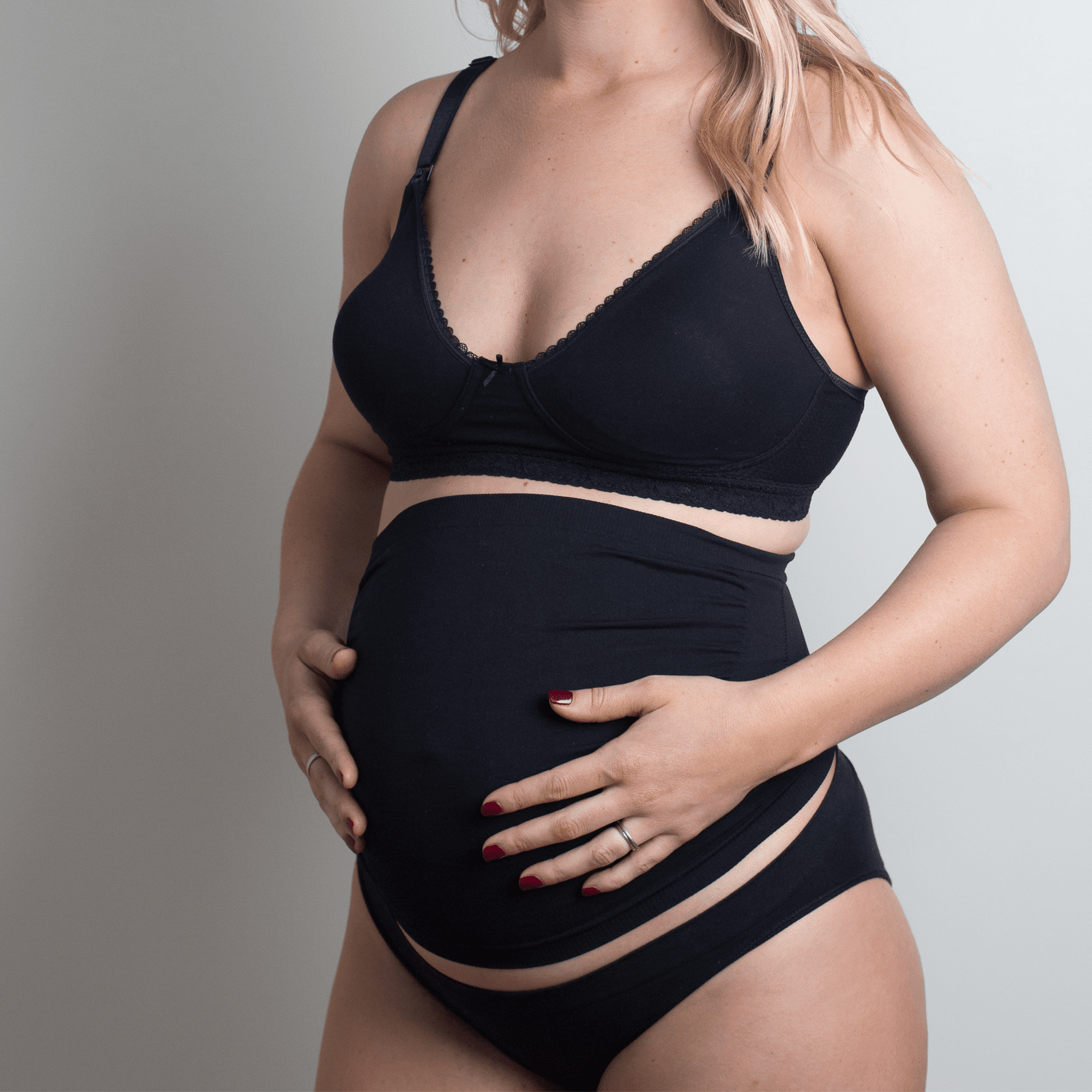After 40 weeks of growing a tiny human, a new mother enters what is often described as the newborn days. This puts the focus on the baby. While of course, the cutest and most exciting part about having a baby, is the baby, we must also prioritise and “hold the mother”.
The postpartum period AKA the fourth trimester refers to the weeks and months after the baby is born when the mother (and her body) are adjusting to sleep deprivation, recalibrating hormones, recuperating, physically and emotionally healing from pregnancy and birth, and in many cases fueling breastfeeding. Don’t forget the placenta detachment leaves a dinner plate sized wound in the uterine wall that needs repair!
The human body requires fuel in the form of nutrients in order to maintain its day to day physiological tasks. When the body is put under greater than usual demands it requires sufficiently increased nutrient intake to replenish and ongoingly support these demands to ensure the avoidance of nutrient depletion and subsequent exhaustion and illness.
Postpartum care varies greatly throughout different cultures. Traditional practices such as confinement in Traditional Chinese Medicine sees mothers stay at home, rest and recover for one month postnatally, with significant emphasis on particularly restorative foods.
 While the modern day mother may not find it practical or possible to practice a confinement period, there are certain beneficial aspects of these traditional practices that can be implemented, including nutrition.
While the modern day mother may not find it practical or possible to practice a confinement period, there are certain beneficial aspects of these traditional practices that can be implemented, including nutrition.
Holistic nutrition takes into consideration every aspect of the mother regarding her dietary intake. This includes: specific individualised nutritional and dietary requirements, likes and dislikes, budget, accessibility, practicality and services/support.
Below are some broad nutritional guidelines a new mother may wish to refer to in order to support her postpartum period and beyond.
Easily Digestible and Warming Foods
The digestive system is known to slow during pregnancy and postpartum (hello constipation and reflux), this may be due to dehydration, medications, hormones or the actual repositioning of internal organs. Therefore it’s a good idea to go easy on the gut. Cooked (not raw) foods, warm (not cold) foods, slow cooked meats, stews, soups, broths, dals and curries are great options. Spices known for their warming properties to increase thermogenesis, circulation and support the immune system include: ginger, turmeric, cinnamon, cardamom, nutmeg, cloves, fennel, cumin, cloves and black pepper.
Nutrient Dense Foods
Every time we eat it is an opportunity to fuel the body. Always include plenty of unprocessed whole plant foods such fruits, vegetables, whole grains, nuts, seeds and legumes as these
contain fibre, antioxidants and additional phytonutrients to reduce inflammation, support the immune system, aid digestive health, maintain bone health and cognitive function. They contain the macro nutrients (protein, fats and complex carbohydrates) and the micronutrients (vitamins and minerals).
Iron Rich Foods
It takes a significant amount of iron to grow a baby and many women experience blood loss during birth. A focus on iron rich foods to replenish stores is crucial to support energy levels, healing, immunity and hormonal health, and to prevent postpartum anemia. Iron rich foods include: red meat, organ meats, chicken thighs, seafood, beans, lentils, chickpeas, nuts (cashews), seeds (pumpkin seeds, tahini), tofu, dark leafy greens. Pair iron rich foods with vitamin C (lemon juice, tomatoes, berries, broccoli) to aid absorption.
 Image source: The Whole Bowl Co - Cleaver's Organic Beef Lasagne
Image source: The Whole Bowl Co - Cleaver's Organic Beef Lasagne
Zinc Rich Foods
Zinc is another mineral with multiple roles relative to the postpartum period. It is found in meat, seafood, wholegrains, legumes, nuts and seeds. It is needed to support maternal mental health, tissue healing, immune health, breast milk production and hair growth.
Healthy Fats and Omega-3 Fatty Acids
Extra virgin olive oil, ghee, avocado, raw nuts, chia seeds, hemp seeds, flaxseeds, cold water fatty fish (wild salmon, mackerel and sardines) are rich sources of healthy fats that support maternal mental health, satiety, breast milk production and hormonal health.
Probiotic Foods
The microbiome can be negatively affected after the use of pain medications, antibiotics and reduced gastrointestinal function. It is well known that all aspects of health and wellbeing are somewhat impacted by gut health. Incorporating probiotic rich foods such as natural live yoghurt, kefir, sauerkraut, kimchi, miso and tempeh, and prebiotic rich foods (fibre containing foods) can positively impact mood, brain and nervous system health, immunity, digestion, skin and inflammation. The healthy bacteria also transfers from mother to baby via breast milk.
Protein and Collagen
Skin and tissue that has been stretched in pregnancy and torn in childbirth requires protein and collagen in order to heal and repair. While bone broths and collagen supplements are touted for their super powers, the body can effectively utilise all amino acid and protein containing foods. These may include: meat, seafood, dairy, eggs, nuts, seeds, whole grains, beans, lentils, tofu and (plant based) protein powders. Specific nutrients required for collagen production in the body are: glycine, proline, vitamin C and zinc. Protein rich foods also support energy levels and satiety, helping to keep tired Mamas fueled and feeling their best.
 Image Source: The Whole Bowl Co - Free Range Chicken & Veg Pie
Image Source: The Whole Bowl Co - Free Range Chicken & Veg Pie
Comforting Foods
While food is nourishment, it is not just nutrients. It is comfort and pleasure, memories and identity. While everyone wants to hold the baby, we really must also hold the mother. People often describe their favourite home cooked meal like a warm hug. A lasagne dropped to the doorstep, a fresh batch of wholesome cookies delivered with a cup of tea, some soup for the freezer. This is enough to reduce the new mother to tears, happy tears, as she feels comforted, cared for and held.
No Time to Prep Healthy Postpartum Meals?
We get it—between pumping, feeding, and trying to catch some sleep, meal prep is the last thing on your mind. If you want to nourish your body without the hassle, The Whole Bowl Co. has you covered. Find wholesome, nutrient-packed meals designed for new mums, so you can focus on what matters most—your little one!
 Written By
Written By
Daisy Manson
Nutritionist (BHSc + Nutrition), Co-Founder of The Whole Bowl Co., Max’s Mama








